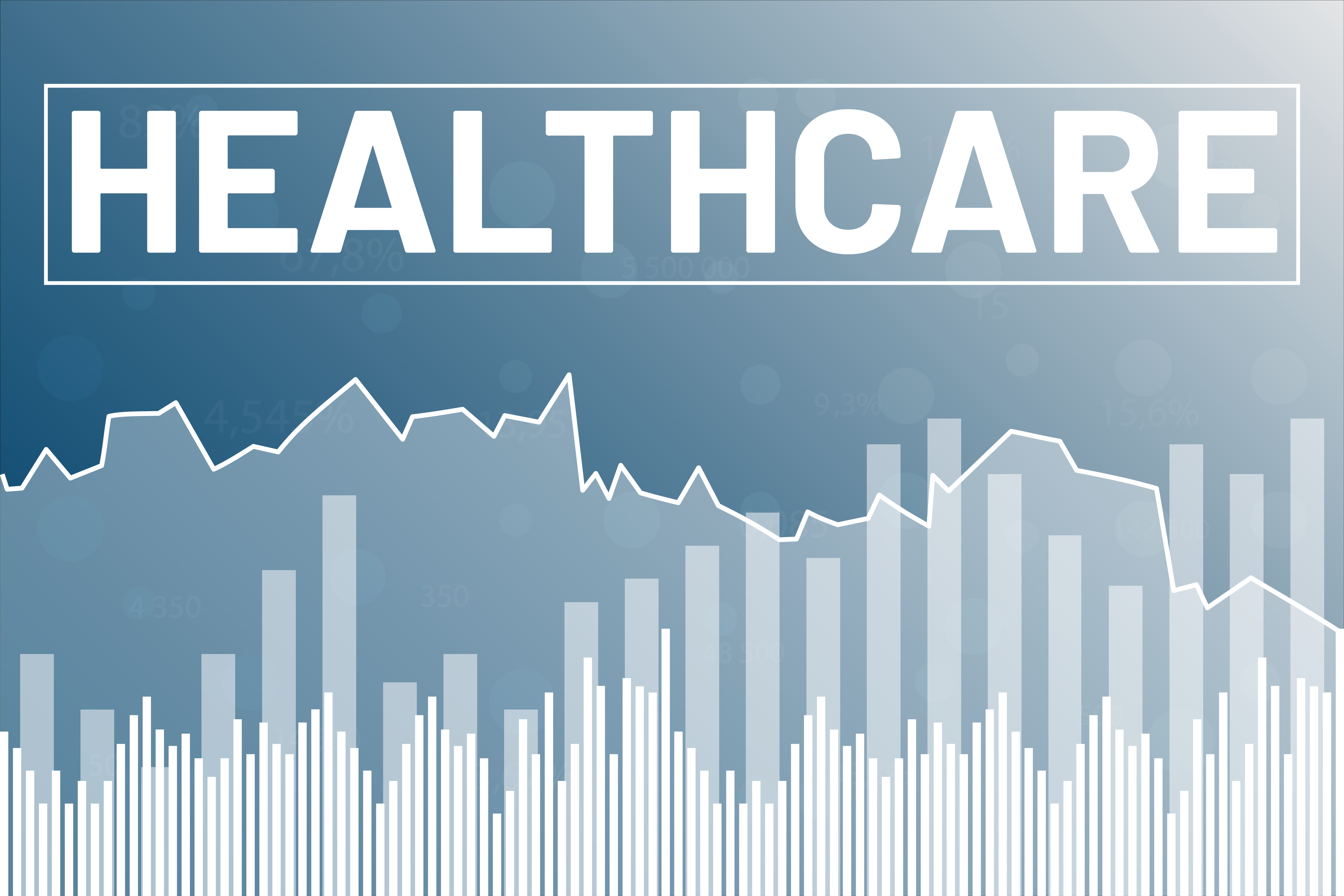Healthcare Market Grows Despite Obstacles
The healthcare industry is still growing, despite the economic recession and struggles faced by many families, hospitals and insurers alike. In fact, it's estimated that healthcare...
Compared to what the healthcare industry looked like 40 years ago, the transformation of health and medical technologies has been impressive. New medical devices, services, and old ones are now outdated.
The industry is rapidly advancing, and it will amplify even more in the coming years. The Bureau of Labor Statistics reports that the healthcare industry witnessed rapid growth by a whopping 16% from 2020 to 2030, which means about 2.6 million jobs will be added in that time.
Here are just some of the tech innovations expected to hit the healthcare industry in 2022.
Wearables and Remote Monitoring
It's 2022, and the word "wearable" has expanded beyond the wrist. People now wear devices that monitor their heart rate and other vital signs, and capture biometric data like sleep patterns and respiration. They can even help doctors adjust patients' medications to be more effective or reduce side effects. A recent study predicts that suppliers will sell over 145 million wearables this year alone! That's a lot of devices being worn and tracked!
Healthcare providers are also using remote monitoring technology to keep an eye on high-risk patients, such as those with congestive heart failure (CHF). Patients enrolled in remote monitoring programs are evaluated periodically via phone calls after providing symptoms and medication use data. This approach can help identify CHF exacerbation warning signs, treat with medications and lifestyle interventions.
AI and Machine Learning
Artificial intelligence is already making a huge difference in health care, from predicting the best times to schedule appointments with patients to improving drug development. According to health analytics, as of 2021, 90% of healthcare facilities already had an AI system in place.
Doctors will also use AI systems to help prevent disease and treat patients more effectively. Their predictions will depend on the premise that much clinical data scatters across different systems (like electronic medical records). Due to this fragmentation, it is difficult for doctors to picture their patients' current situation accurately.
With the help of AI technology, these systems can bring together all of this information in one place. So, this means that treatment plans will become more personalized and tailored to each case.
AI technology can also analyze large volumes of data from drug trials and predict which drugs may prove effective for specific patients (based on factors like genetics). It may even become possible for AI systems to identify which patients are most likely to respond positively to treatment before they even start taking it.
Digital Twins and Simulations
Simulation imitates the real world for study, analysis, or training in healthcare and medicine. Studies have shown that using simulation in healthcare improves education and clinical performance. It is applicable in medical education and clinical settings (in surgery, anesthesia, cardiology, obstetrics, etc.), health informatics, and biomedical engineering.
In addition, research has shown that virtual reality (VR) based simulations can improve patient safety by reducing medical errors made in hospitals by up to 70%. This suggests that we will see more of these technologies used in medical education and training over the next few years.
Cloud-Based Platforms
In 2022, the way healthcare information is stored will be even more advanced than today. Cloud-based platforms will provide doctors and medical staff easy access to files and important information, no matter where.
The use of cloud storage in healthcare is already widespread. While some health establishments still use physical storage for their files and patients' documents, some have already transitioned to cloud platforms.
Online storage provides easier and more portable paths for patients' information. Doctors will have no hassle accessing the needed files upon request with a few clicks. Health insurance firms, pharmaceutical companies, and medical labs often rely on cloud storage for safer and more secure information storage.
The Future of Healthcare
Ultimately, these tech innovations in the healthcare industry are great for patients and doctors alike. Patients will be more comfortable with their treatment to improve overall health.
What new tech are you most excited about in 2022? Drop a comment below, we’d love to hear your thoughts!
Lorem ipsum dolor sit amet consectetur, adipisicing elit. Ipsa libero labore natus atque, ducimus sed.

medical, locum tenens, physicians, cost, finance, physician compensation
The healthcare industry is still growing, despite the economic recession and struggles faced by many families, hospitals and insurers alike. In fact, it's estimated that healthcare...